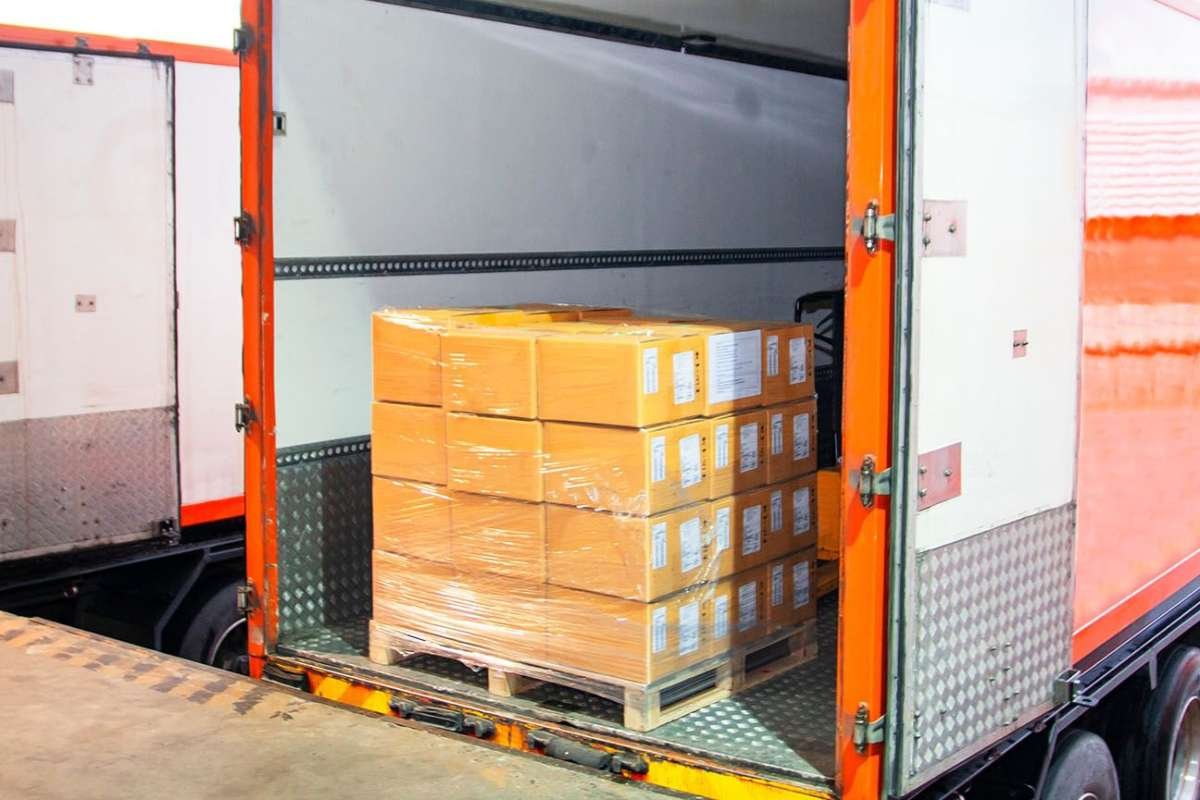Efficiency and cost-effectiveness are key factors when it comes to the transportation of goods. In the world of logistics, there has been a considerable rise in Less-Than-Truckload (LTL) shipping. LTL shipping refers to transporting relatively small shipments that do not require a full truckload. By leveraging this method, businesses can optimize freight operations, reduce costs, and improve overall efficiency. This article will discuss the benefits of LTL shipping from reputable freight shipping companies and how it can streamline your freight operations.
This article will discuss how you can optimize freight operations:
1. Maximizing Efficiency with Consolidation
One of the key advantages of LTL shipping is the ability to consolidate shipments. By combining multiple smaller shipments into a single truckload, businesses can maximize the utilization of available space. This consolidation process reduces the number of trucks on the road, minimizing fuel consumption and decreasing carbon emissions. It also allows for efficient use of transportation resources, resulting in business cost savings and a more sustainable approach to freight management.
2. Flexible Shipping Option

Freight shipping companies offer businesses a range of flexible options tailored to their specific needs. Whether you have a small consignment or irregular shipping requirements, LTL shipping can accommodate various load sizes and schedules. Instead of waiting for a full truckload, LTL allows you to ship smaller quantities more frequently. This flexibility ensures faster delivery times and enables businesses to respond quickly to customer demands and changing market dynamics.
3. Enhanced Tracking and Visibility
In today’s fast-paced business environment, having real-time visibility into your shipments is crucial. LTL shipping provides advanced tracking capabilities, allowing you to monitor the progress of your freight throughout the transportation process. With the help of
tracking technologies and online platforms, you can access accurate and up-to-date information about the location and status of your shipments. This visibility empowers businesses to proactively manage their supply chain, identify potential bottlenecks, and make informed decisions to ensure smooth operations.
4. Cost Savings through Shared Expenses

The cost of LTL shipping is significantly lower than that of full truckload shipping. Businesses can benefit from economies of scale by sharing transportation costs with other shippers. This cost-effective approach allows businesses to optimize their transportation budget and allocate resources more efficiently. Additionally, you can leverage their established networks and infrastructure by partnering with reputable LTL carriers, further reducing costs and ensuring reliable service.
5. Access to Expertise and Resources
Partnering with an LTL carrier means gaining access to their expertise and resources in freight transportation. LTL carriers have extensive experience in managing small to mid-sized shipments efficiently. They deeply understand regulations, industry best practices, and route optimization techniques. LTL carriers also have robust customer service teams that provide personalized support and promptly address any concerns or issues, ensuring a smooth shipping experience
6. Improved Inventory Management

LTL shipping can contribute to improved inventory management for businesses. By shipping smaller quantities more frequently, businesses can maintain lower inventory levels while meeting customer demand. This approach reduces the need for large warehouses or excessive storage space. With LTL shipping, businesses can adopt a just-in-time inventory strategy, minimizing holding costs and improving cash flow. Additionally, the faster transit times associated with LTL shipping enable businesses to replenish inventory quickly, reducing stockouts and ensuring uninterrupted customer supply.
7. Value-Added Services
LTL shipping goes beyond just transportation. Many LTL carriers provide additional value-added services to meet specific customer requirements. These services may include
liftgate delivery, inside pick-up or delivery, appointment scheduling, and specialized handling for delicate or hazardous goods. By leveraging these services, businesses can streamline their operations, eliminate the need for additional third-party providers, and ensure end-to-end service excellence.
Conclusion:
Streamlining your freight operations is essential for staying competitive in today’s dynamic business landscape. LTL shipping offers a range of benefits and advantages, from maximizing efficiency through consolidation to providing flexible shipping options and enhanced tracking and visibility. By embracing LTL shipping, businesses can optimize their transportation budget, reduce environmental impact, and deliver goods to customers faster and more reliably. So, take advantage of the efficiency of LTL shipping and streamline your freight operations for success.






